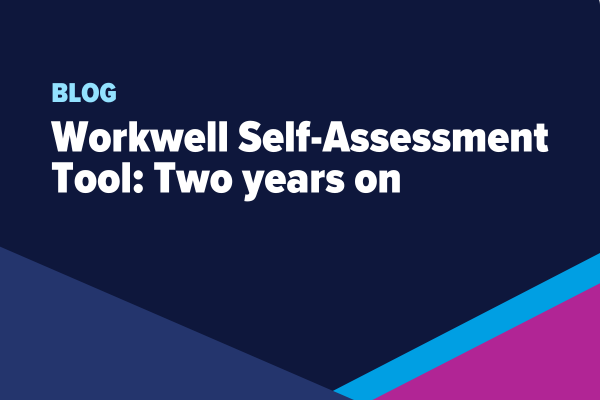Responding to Rising Hate and Division
Responding to Hate and Division: Insights from BITC’s Business Response Forum
Shannon Rivers, Director of Inclusion & Wellbeing Advisory Services at Business in the Community, reflects on the recent BITC Business Response Forum and how, as social division grows, employers can respond with empathy and care.
Rising division, growing responsibility
Across the UK, businesses are navigating an increasingly charged social climate. In recent months, anti-immigrant sentiment, racism and hate-motivated violence have escalated, with protests taking place outside asylum hotels, faith communities under threat, and national symbols being used to divide rather than unite.
Against this backdrop, BITC convened members for a Business Response Forum (BRF) to explore how organisations can respond with empathy, consistency and care.
The conversation, held under Chatham House Rule, brought together inclusion, wellbeing, HR and communications leaders from across sectors to share challenges, practical actions and support needs.
A call for compassionate leadership
Participants agreed that silence in the face of hate carries real risks — both for people and for organisational trust.
“If it’s impacting your staff, the least you can do is acknowledge that there is an impact,” one participant said. “Make space for people to be heard.”
Several organisations described issuing internal communications that focused on empathy and wellbeing, rather than taking political positions. For many, the priority was to reassure employees that their safety and sense of belonging.
Others shared examples of leadership visibility: senior figures recording short videos, hosting listening sessions, or personally checking in with employee networks following violent incidents such as the Manchester synagogue attack.
Balancing safety, speech and inclusion
A recurring theme was the challenge of balancing freedom of expression with psychological safety. Many organisations noted rising internal tension as global and national issues sparked personal workplace conversations.
“It’s the difference between having an opinion and knowing when to stop and say something,” one attendee observed.
Some businesses have updated or created new policies, such as frameworks for managing disruptions at work or social unrest, to help managers make consistent decisions about safety, speech, and wellbeing. Others emphasised the importance of manager capability: equipping line managers to have sensitive conversations, handle conflict, and signpost support.
The weight on employee networks
Employee networks have become a lifeline, but many contributors highlighted the pressure being placed on them. Networks are often the first to hear fear, frustration or trauma, and yet they are not always resourced or trained for that role.
In several organisations, networks created safe spaces and drop-in calls, sometimes facilitated by wellbeing champions or mental-health first aiders. However, as one participant noted, “We can’t keep relying on networks to hold all the emotion — leadership needs to show up too.”
Communication, timing and tone
Timing emerged as a key learning point. Delayed communications, or those perceived as corporate or reactive, can damage trust. Conversely, messages that acknowledge emotion, focus on care, and signpost practical support help employees feel seen.
Some organisations, like universities and retailers operating in affected areas, shared how they reviewed safety procedures, adjusted store opening protocols, or prepared managers for local protests.
Others adopted more proactive internal communications — scheduling weekly “rising tides” meetings across HR, EDI and comms teams to monitor community sentiment and prepare responses.
Learning from different contexts
Several participants drew comparisons with previous moments of social division—from the pandemic to the Black Lives Matter movement—but noted that the current environment feels more fragmented and fatigued. There is less public unity and more fear of saying the wrong thing. Yet even within that complexity, organisations are finding ways to act:
“We’re trying to stay values-driven, not reactive,” one attendee summarised. “It’s about safety, empathy and respect — not politics.”
What businesses can do next
From these discussions, several practical actions emerged for all employers.
1. Acknowledge the moment
Silence can be read as indifference. Even brief internal messages of care make a difference.
2. Lead with empathy
Encourage managers to check in personally and remind colleagues of available support.
3. Review safety and communications frameworks
Ensure you have consistent guidance on when and how to respond to social tension.
4. Resource employee networks
Provide supervision, funding and visible leadership backing.
5. Reaffirm values
Inclusion, wellbeing and respect should be the through-line of every message, not the afterthought.
In closing
While the challenges are complex, the collective message from this forum was clear: responsible business means responding with humanity. In a time of fear and division, employers have both the opportunity and the responsibility to model calm, compassion and courage.
“How we show up in moments like this,” said one participant, “tells our people everything they need to know about who we are.”
If your organisation would like to join BITC’s next Business Response Forum or access our Inclusion and Wellbeing Advisory support, please contact advisory@bitc.org.uk



